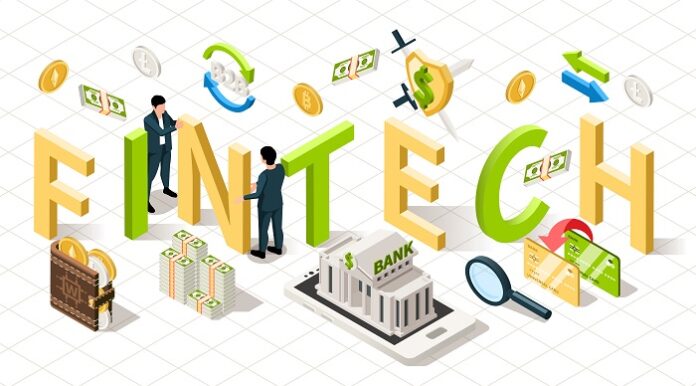Fintech, or financial technology, has helped to transform the way we manage our money. From streamlining banking processes to creating accessible ways to see our latest account information, these technological advances have made it possible to take control of our finances and get into good habits.
What is fintech?
Fintech is technology that specifically targets the finance industry. It is used by companies as well as consumers, with different types of software designed to make it possible to carry out standard banking. It also helps users to make financial decisions quickly and smoothly.
While this technology was originally designed for financial institutions, such as banks, it has evolved in recent years to include a suite of services that target everyday account holders.
Fintech advancements
Technologies used in finance are varied. For instance, there are security measures such as biometrics, which uses technology that can read a person’s fingerprint before granting access to their account.
Blockchain, the digital ledger used by cryptocurrencies such as bitcoin, is another form of fintech. This is a database of records, known as ‘blocks’, and each block has a unique digital code. This is a security measure that is designed to keep digital currencies secure, but it has also been used in other ways in recent years. For instance, it can be used to track a range of assets, such as a house or a company’s branding.
Technological developments such as these are created in order to make accessing financial information safe, efficient and secure.
Apps
One fintech advancement that has made it possible to keep track of our spending while on the go is the banking app. Financial institutions, from high street banks to credit card providers, have worked with developers to build functional apps that allow easy access to accounts, track previous statements and to make payments – all via mobile devices.
#ᴅʟᴘ_MICRODOT [{‘title’: ‘Data Security Classification’, ‘text’: ‘Internal’}]_END
It is estimated that there will be 7.7 billion smartphone users worldwide by 2028. With so many of us using our smartphones, apps allow us to keep track of our spending habits via our devices.
Open banking
Open banking uses tech to allow consumers to share financial information safely and securely online with other financial providers or services. This is typically information that only you and your bank can see, such as your balance or transaction history.
You might decide to do this if you want to see your accounts from several banks or building societies in one app or online. Alternatively, it may be that you have financial goals and want to keep track of your progress.
To check that it’s secure to use this service, you can use the Open Banking website. There, you will find a list of regulated providers.
Online safety
Safety plays into almost every aspect of fintech. This is because there are potential risks that come with using digital resources to access financial data.
Some examples of security measures include biometrics, along with two-factor authentication. This is where there are several steps to follow before you can gain access to your account.
Additionally, financial providers use fintech to install firewalls and security software that creates robust security measures.
Fintech has become key to how we manage our money today and into the future. It’s now quick and easy to make payments and apply for credit online and using apps. Security needs to keep up with these developments and strike a balance between ensuring our money is safe while making it easy for us to access it.
Image by macrovector on Freepik





